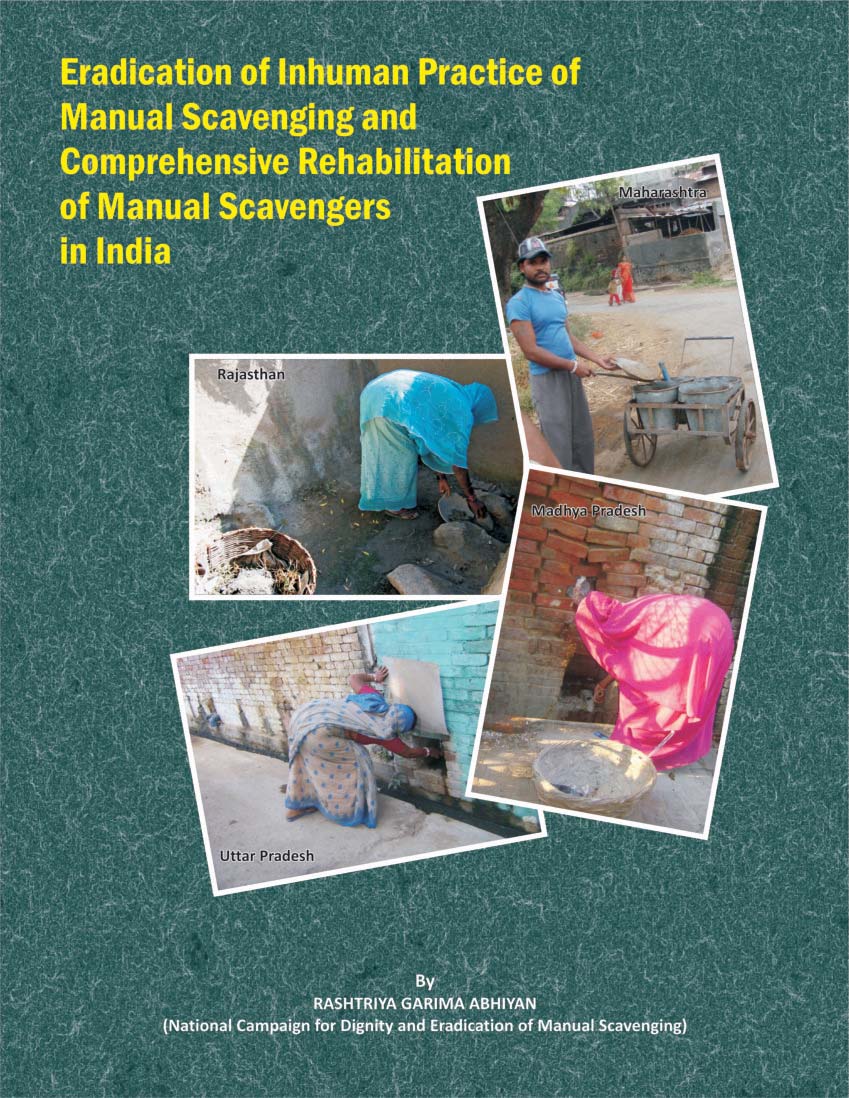India
National Green Tribunal (NGT) – Relevant notifications from the Ministry of Environment and Forests
Posted on 22 Apr, 2011 05:16 PMAdapting to the global groundwater crisis - Its usage needs to be regulated and monitored
Posted on 22 Apr, 2011 12:03 PMThe global groundwater crisis centers on withdrawals notably exceeding short term renewable storage. The current global groundwater crisis reflects the fact that over the past century, groundwater withdrawal has grown to exceed natural renewable groundwater storage. The single most important cause is the deep well turbine pump. Groundwater depletion is very high in both the United States and India.
‘Revival of Siddh Baba Kodiya talaab’ - Janhit Foundation's e-newsletter of March 2011
Posted on 22 Apr, 2011 11:39 AMThe Janhit Foundation's newsletter of March 2011 focuses on the following topics:
Chemonics is looking for specialists in forestry, climate adaptation and carbon finance in India - Apply by 31st May 2011
Posted on 22 Apr, 2011 11:17 AM Chemonics is an international development consulting company that helps governments, businesses, civil society groups, and communities promote meaningful change so people can live healthier, more productive, and more independent lives.
Chemonics is an international development consulting company that helps governments, businesses, civil society groups, and communities promote meaningful change so people can live healthier, more productive, and more independent lives.
Chemonics seeks speclialists for an anticipated USAID-funded project focused on sustainable forests and climate change mitigation in India. We are looking for individuals who have a passion for making a difference in the lives of people around the world.
A. Forestry specialist:
The forestry specialist will support reducing emissions from deforestation and forest degradation as well as enhanced sequestration, through afforestation, conservation, and sustainable management.
Irrigation system operation practices - A handbook by Central Water Commission (1990)
Posted on 21 Apr, 2011 10:36 PMFor increasing agricultural productivity from existing irrigation systems, improved operation of the systems coupled with timely maintenance of the systems has a major role to play.
Eradication of inhuman practice of manual scavenging and comprehensive rehabilitation of manual scavengers in India – A report by Rashtriya Garima Abhiyan
Posted on 21 Apr, 2011 09:15 PM The practice continues in the country in spite of efforts of several people, implementation of government schemes such as the National Scheme for Liberation and Rehabilitation of Scavengers since 1992 and Self Employment Scheme
The practice continues in the country in spite of efforts of several people, implementation of government schemes such as the National Scheme for Liberation and Rehabilitation of Scavengers since 1992 and Self Employment Scheme
Country to have normal monsoon this year - PIB release
Posted on 21 Apr, 2011 03:21 PMReleasing Long Range Forecast for coming June to September period, Union Minister for Science and Technology and Earth Sciences, Shri Pawan Kumar Bansal said, “The rainfall for the country as a whole is most likely to be normal i.e. 96-104% of Long Period Average (LPA). Quantitatively, monsoon season rainfall is likely to be 98% of the LPA with a model error of + 5%.
Energy from Water
Posted on 21 Apr, 2011 10:49 AM
An example technology is pico-hydro that uses local streams as a resource.
- The technology is transferred as an asset to households of farmers with access to streams, in the Western Ghats region.
- Most critically, the households decide the allocation of water between electricity generation and irrigation - they manage their demand for electricity based on water availability. The entire system retrofits into their current irrigation infrastructure.
- At the same time, there is an entire value chain of enterprises that develop the technology and deliver it to the farmer's doorstep, integrating access to MNRE subsidies and loans as necessary.
Development of training module for water safety plan in urban areas - A document by ESCI
Posted on 20 Apr, 2011 03:48 AMA Water Safety Plan (WSP) is an improved risk management tool designed to ensure the delivery of safe drinking water. It identifies hazards, means to control them, means and actions to identify loss of control and its restoration. It comprises system assessment and design, operational monitoring and management plans (including documentation and communication). Water quality guidelines have been issued by the WHO.
Guidance manual for drinking water quality monitoring and assessment - A document by NEERI and NICD
Posted on 20 Apr, 2011 03:09 AMIn order to safeguard the health of the people, drinking water must meet quality standards. The main issues involved in drinking water safety are water quality management, surveillance and control mechanisms.
Levels of contaminants need to be ascertained through standard procedures. Each agency involved in water supply in India, has its own laboratory test practices and this manual details methods for all parameters adoptable by all laboratories.